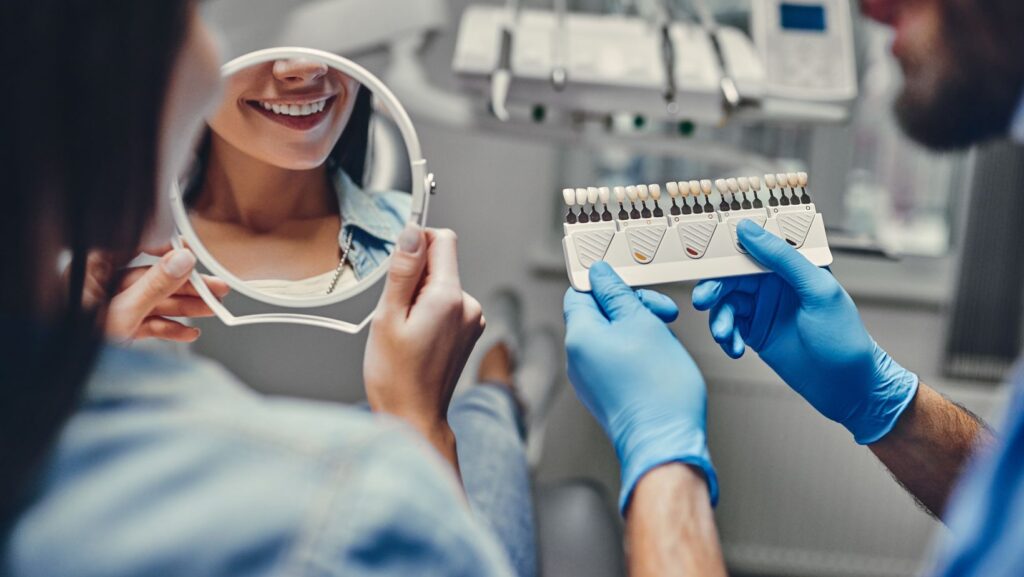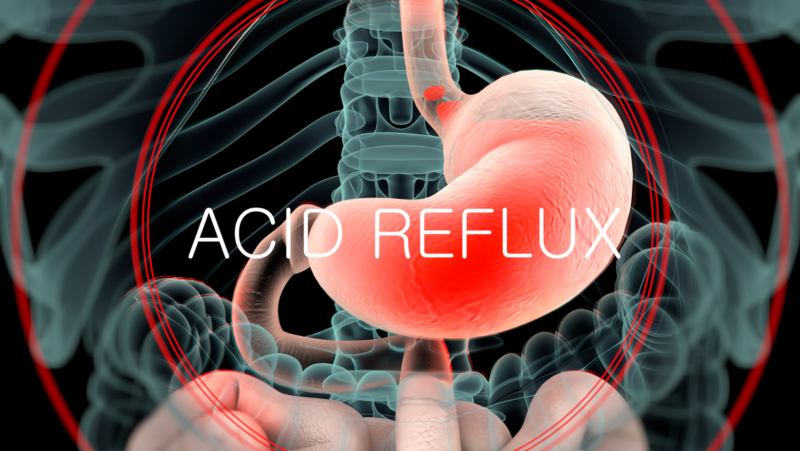
Pregnancy is a remarkable journey with physiological changes that nurture new life. While much attention is rightly paid to nutrition, exercise, and overall health, oral care is usually neglected. Hormonal changes during pregnancy will put a woman at an increased risk of certain dental problems, including a heightened chance of gum diseases, like gingivitis, sometimes called “pregnancy gingivitis,” and tooth decay. There is a need to dispel the misconceptions of yore, whereby dental treatments were considered harmful during pregnancy; good oral health is critical to the mother’s well-being and, indirectly, baby’s health. There should be no delay in seeking dental treatment, as the untreated oral infections might lead to systemic problems. Ideally, any existing dental issues should be resolved prior to conception, but if this is not the case, they should be handled actively during pregnancy.
Oral Health During Pregnancy Is Paramount
The increase in hormones like progesterone and estrogen makes gum tissues susceptible to inflammation, bleeding, and swelling. Increased vascularity causes them to react more intensely to plaque; hence pregnancy gingivitis is common. The longer the situation is left untreated, the more it will evolve into severe forms of gum disease. Also, with changes in the diet, increased consumption of sweets or acidic foods, altered saliva composition, and morning sickness causing acid exposure, tooth decay becomes an ever-present threat. Studies suggest poor maternal oral health, especially severe gum disease, is associated with an ilk of adverse pregnancy outcomes, namely preterm birth and low birth weight. This is why having dental visits during pregnancy is not only safe; it’s imperative in prenatal care.
Dental Appointment Recommendations Generally Accepted in Pregnancy
Communication is key. Always inform your dentist that you are pregnant and also tell them what pregnancy stage you are at in case you opt for specific treatments. The safest times to undergo any routine dental procedure would be within the second trimester (ranging from week 14 to 26), as by then morning sickness tends to resolve and the likelihood of complications related to the early stages of pregnancy is lowered. Radiography can be considered safe, but many authorities avoid taking routine X-rays during a woman’s first trimester unless an emergency necessitates it. In emergency situations, the benefits that come with an immediate and correct diagnosis almost always outweigh the slight risk.
Local Anesthetics: Local anesthetics are, for the most part, safe to give throughout pregnancy. Your dentist will ensure that appropriate agents and dosages that would not impact a pregnant woman adversely are selected, simultaneously avoiding using agents such as felypressin. The amount of anesthetic really reaching the baby is very minimal, and no evidence shows that it has had a harmful result. Being comfortable while having the operation is more important because the stress or trauma from untreated tooth pain can actually be harmful.
Fillings and Restorations: Filling cavities is absolutely safe and should never be delayed. It is always better to stop decay rather than allowing it to progress into a more serious condition. The materials used for fillings should be compatible, normally being tooth-colored composite resins.
Tooth Extractions: Tooth extraction can be safely performed during pregnancy if required due to advanced tooth decay, infection, or injury. Again, the procedure might be a bit more pleasant if done during the second trimester, but if the pain or infection is intolerable, it should not be delayed.
Root Canal Treatment: Is a dental infection worse for the health of mother and fetus than the treatment? The treatment is the best if a root canal is required due to a high degree of decay/infection and should never be postponed. Though this involves X-rays, the benefits of proper diagnosis and treatment outweigh the risks for a condition that could potentially lead to widespread infection.
Cosmetic Treatment: Although generally safe, tooth whitening is usually put off until after delivery. They are merely optional processes and some pregnant persons may develop increased tooth sensitivity, which makes these treatments less pleasant during their pregnancy.
Orthodontic Treatment: For those currently undergoing orthodontic treatment, it can normally proceed without interruption. If considering starting orthodontics, it is usually fine, though swelling of the gums or changes in the face may require minor modifications to the treatment plan or appliances.
Coping with Oral Health Issues in Pregnancy
Beyond professional visits, front-line home care is essential. If you have morning sickness, rinse your mouth with water or a fluoride rinse after vomiting instead of brushing altogether, as acid can soften enamel from the sudden onset. Keep a healthy diet while indulging with your cravings, and keeping up with your brushing and flossing.
Most of all, never allow dental emergencies to go untreated during pregnancy. In the case of severe pain, swelling, or infection, immediate treatment is essential as these conditions may compromise the well-being of mother and child. If you find yourself in need of urgent dental care, seeking a qualified dental emergency Fort Lauderdale professional who is aware of and experienced with pregnancy considerations is paramount to ensuring safe and effective treatment without delay. Maintaining good oral health throughout pregnancy holds a great deal of importance for your health and lays a good foundation for your growing family.













